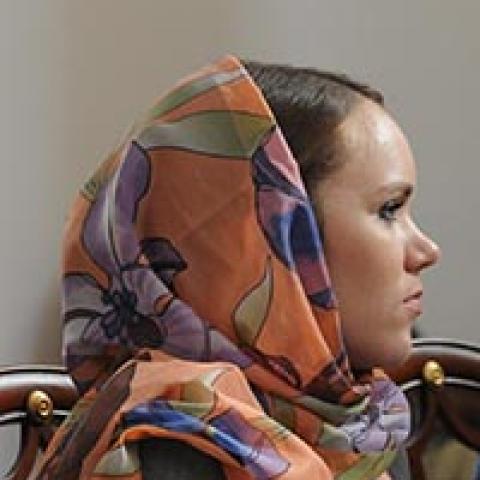Qatar chose international Labor Day, May 1, to make the announcement: After months of sharp criticism of workers’ rights, Doha is implementing its first reforms while it prepares to host the 2022 World Cup soccer tournament. In an effort to stem the withholding of wages, Qatar announced that employers would be required to pay workers through direct deposit to their bank accounts.
The reforms will be welcome news to many workers who receive their salaries in cash. But broader changes to the so-called kafala system that governs expatriates in Qatar and across the Gulf may take years to bring about — even if laws are rewritten. The system, deeply entrenched in business, society, and the very populations of the Gulf, will be difficult to untangle.



